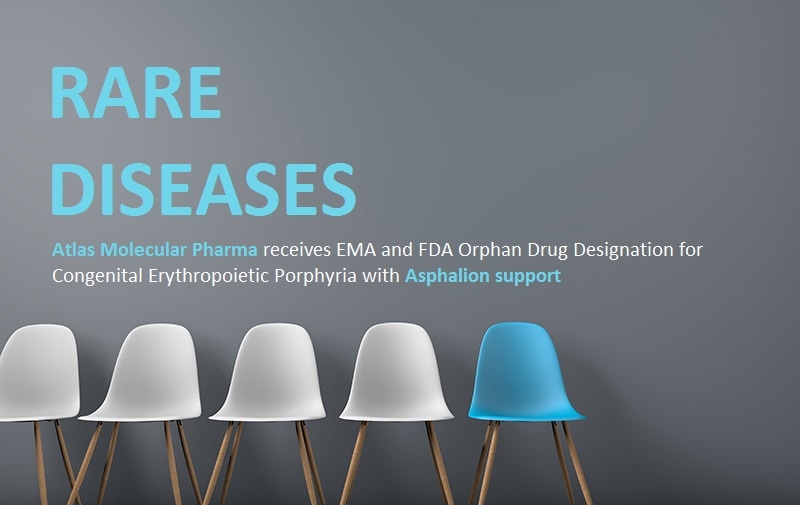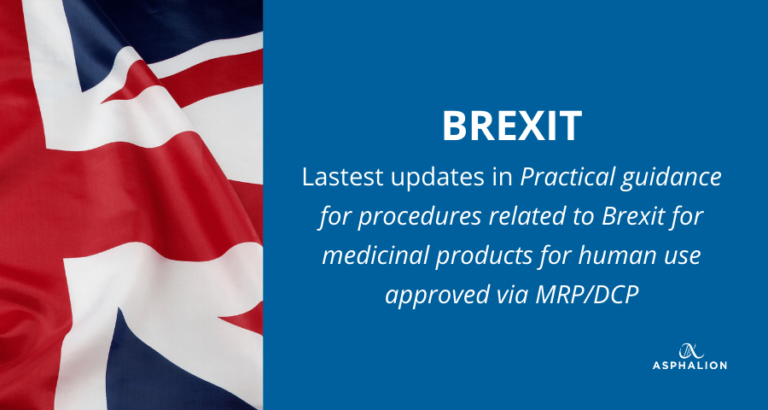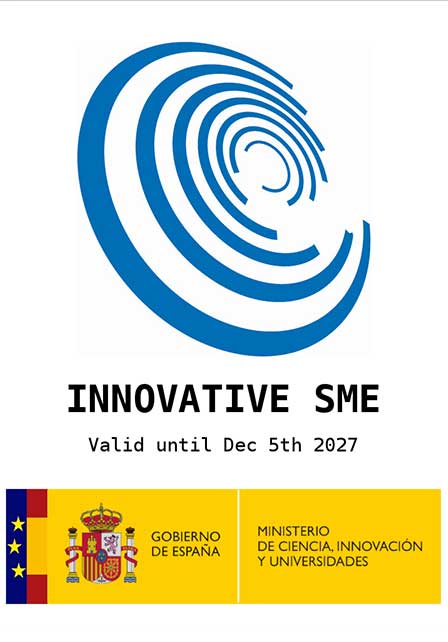Atlas Molecular Pharma is a private company founded in Biscay (Spain) by the Centre for Co-operative Research in Biosciences (CIC bioGUNE) and the Venture Capital Company CRB Inverbio, with seed funding provided by Kereon Partenrs, Endometrial DiDi, and other investors. Its goal is to discover first-in-class, innovative therapeutics for the treatment of Rare Diseases by means of a technological platform approach (CHASSYS) which plans to further develop and exploit to act as a “drug discovery engine” to deliver therapeutics (termed pharmacological chaperones) for the treatment of a range of Rare and Ultra-Rare Diseases. In this line, Atlas developed the candidate drug Ciclopirox (L2.7.D7) for the treatment of patients with Congenital Erythropoietic Porphyria (CEP). CEP is a genetic rare disease that affects the production of heme, one of the components of hemoglobin. As a result, toxic substances called porphyrins build up in the body, damaging the red blood cells and different organs. The disease is caused by mutations in the gene for an enzyme called uroporphyrinogen III synthase, involved in the production of heme. The clinical symptoms of disease includes anemia, extreme skin photosensitivity, blistering, severe scarring, increased hair growth and increased skin bacterial infections. The combination of phototoxic damage and increased bacterial infection can be extreme, leading to the loss of facial features and fingers.
Available treatments only relieve the symptomatology and currently there is no curative therapy for this disease.
On January 17th, 2018, the European Commission granted Ciclopirox (L2.7.D7) the Orphan Drug Designation (ODD) and few months later, on 17th April 2018, the Food and Drug Administration (FDA) also granted ODD for the product. This is the first time that the agencies issue a positive opinion for this rare disease. Therefore, Ciclopirox represents the only drug with ODD for this genetic condition.
Asphalion and Atlas have been working together in this challenging process for ODD application.
Asphalion scientific and regulatory affairs experts, Núria Coderch, Mireia Lorenzo and Carima Andrady, have been giving support to the Atlas team formed by Oscar Millet, Joaquin Castilla, and Emilio Diez on the strategy and preparation of the regulatory procedure. Asphalion contributed in justification of CEP as a rare disease (providing supportive data to show the very low European and US prevalence), its life-threatening and chronically debilitating condition, the product´s medical plausibility and the significant benefit to patients.
The EMA orphan drug designation program provides a special status to drugs and biologics intended to treat, diagnose or prevent diseases and disorders that affect not more than 5 in 10,000 people in EU, are life-threatening or chronically debilitating and are of significant benefit to those affected by the condition. Similarly, the FDA orphan drug designation program provides orphan status to drugs and biologics which are defined as those intended for the safe and effective treatment, diagnosis or prevention of rare diseases/disorders that affect fewer than 200,000 people in the U.S., or that affect more than 200,000 persons but are not expected to recover the costs of developing and marketing a treatment drug.
This designation provides Atlas significant benefits such as protocol assistance that will help to launch the Phase I/II Clinical Trial in the near future, market exclusivity against competition once
the medicine is on the market, and fee reductions.
These are incentives that allow medicines with low/small commercialization profit to be in the market under normal conditions, and thus yielding an overall benefit for society.


